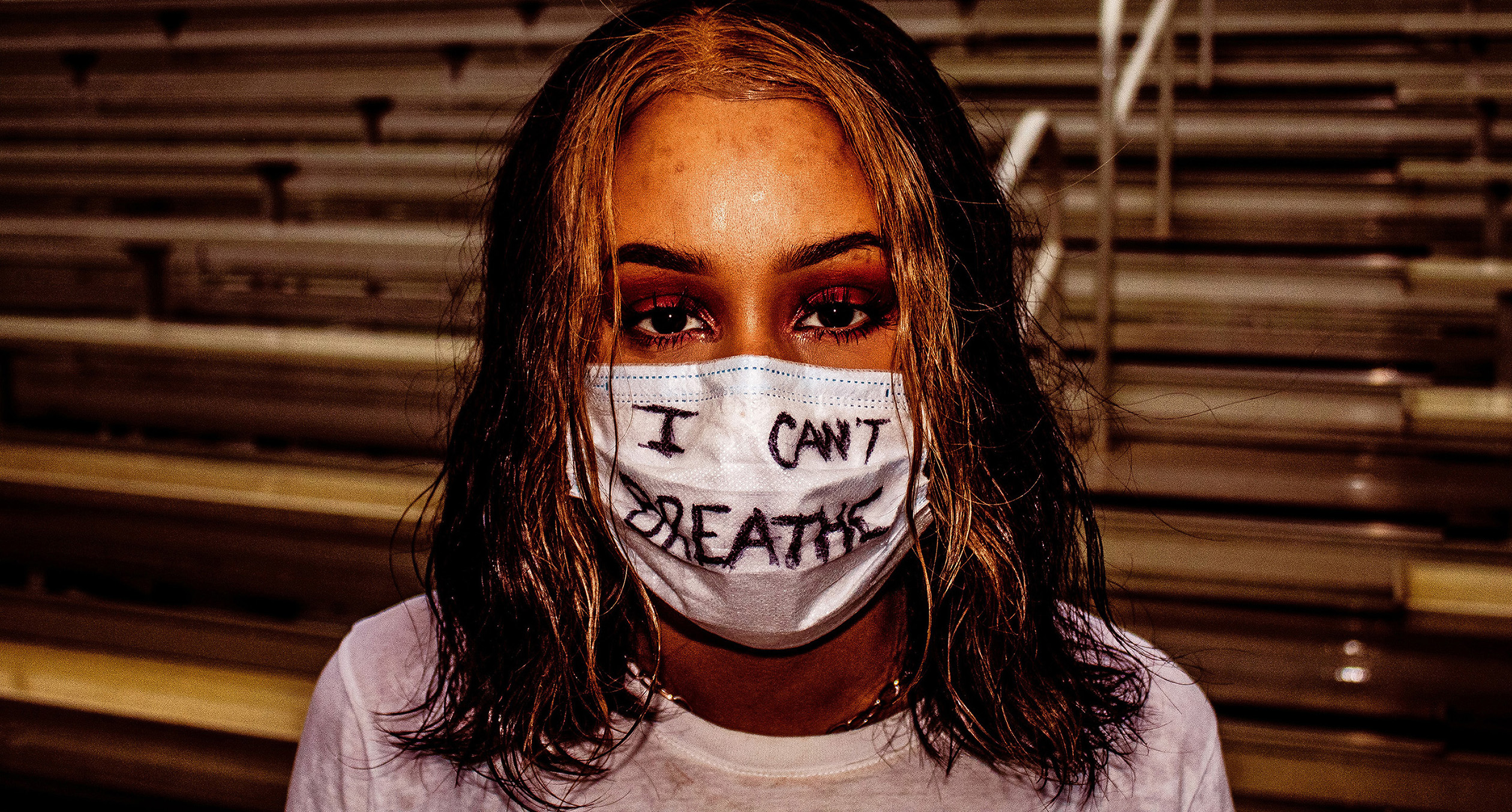100,000 COVID deaths, George Floyd and Pentecost Sunday

Without doubt, we have just lived through a historically tragic week in America. The official count of U.S. deaths due to COVID-19 surpassed 100,000. It is a sterile measure until you see their faces, read their names and realize that this loss is immeasurable.
I’m writing on Pentecost Sunday, filled with powerful images of breath and fire. I think of 100,000 people (and many more) who ceased to breathe. And one unarmed black man named George Floyd, who could not breathe under the weight of a white police officer on his neck. And the fires that have erupted in the midst of protest, leaving all of us mesmerized and breathless.
On Pentecost, the breath of God is our companion and advocate. The One who breathes life into us and speaks for us when we have no words. The One who burns with energy and transformation and enlightenment. Holy and terrifying.
I feel myself teetering on an emotional brink as I try to connect these images from the sacred Biblical story and from the story of this tragic week — a week that I believe is also sacred in ways not yet fully knowable. Was this a week of transformation or decimation? Hope or despair?
I want to see the connections between things — between the sacred story and this terrible week. Between racial violence in the death of George Floyd and racial violence in the disproportionate deaths of black and brown people from COVID-19.
As Graeme Wood wrote this week in The Atlantic, “COVID-19 is killing black Americans with horrifying precision.” The death rates due to COVID-19 are falling unequally on people around the world — in ways that are still surprising and presently mystifying. But, Wood writes, “In the United States, the disparities broadly reflect historical injustice.” What killed them, really? Was it the virus? Or was it the deeply structured racism of our nation?
The COVID Racial Tracker, a joint project of the Antiracist Research & Policy Center and the COVID Tracking Project, allows us to visualize the racial disparities in the United States, even state by state. In Indiana, Hispanics’ rate of infection is more than three times that of whites. In Arizona, Navajo people are 4% of the population but have suffered 21% of the deaths.
This morning, as I wandered through my feelings and thoughts, I wondered what new or different things this tragic week might inspire us to do at Goshen College? What does it mean for our community that we are launching these two new majors this academic year: Public Health, and Criminal Justice and Restorative Justice? What courageous conversations do we need to have? What historic injustices must we dismantle?
May the Spirit give us breath for the journey.
Rebecca Stoltzfus




